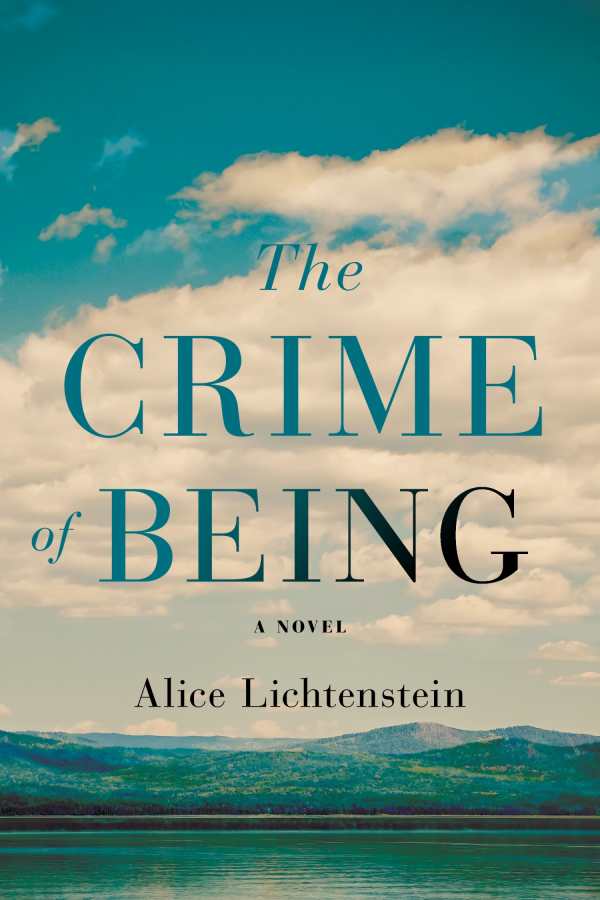The Crime of Being
On Good Friday, a white high school student, Shawnee, shoots his black classmate, Gunther, before attempting suicide. Alice Lichtenstein’s provocative novel The Crime of Being covers the fallout after both teens survive the hate crime.
The story explores the sources of Shawnee’s white supremacy; Gunther’s response to being targeted; and the city’s frustrated handling of the event. In the circling plot, Gunther is made a lightning rod for the community’s emotions. Lichtenstein paints the chilling divide between those who push for justice and those who hope to save Shawnee with an insanity plea.
Nods to the Black Lives Matter movement arrive in the form of “Gun Lives” signs. The book mines Gunther’s discomfort at being made a cause for others and touches on the complications of white allies who take up a banner when they don’t fully comprehend what it’s like to live at risk.
At times, the sweep of the case and its racially motivated origins overshadow the characters. Some background threads are underdeveloped, from bullying and abuse to an estranged friendship in Gunther’s mother’s life. A few townsfolk whose personal pain is brought to the fore also recede.
Subtler details stand out. These include Gunther’s growing silence around his white, adoptive parents, who made a mistake in thinking it would be possible to live with color blindness; Shawnee’s disturbed perspective, which is eerie and complicates ideas of criminality without placing outright blame on any single factor; and, in one of the more surprising arcs, Shawnee’s mother’s life, which is one of survival, acquiescence to a brutish husband, strength, and conviction.
The Crime of Being features vibrant characters caught in maelstrom, but it’s the timeless problem of parents who want the best for their sons that lingers.
Reviewed by
Karen Rigby
Disclosure: This article is not an endorsement, but a review. The publisher of this book provided free copies of the book to have their book reviewed by a professional reviewer. No fee was paid by the publisher for this review. Foreword Reviews only recommends books that we love. Foreword Magazine, Inc. is disclosing this in accordance with the Federal Trade Commission’s 16 CFR, Part 255.

